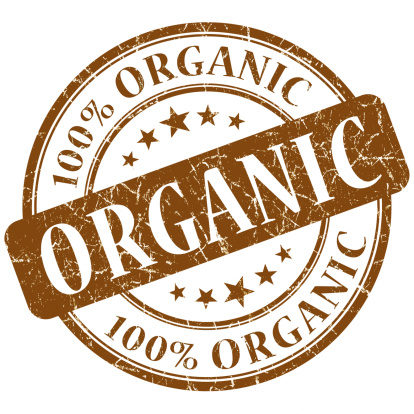Washington, D.C. – A recent study released by the Organic Trade Association (OTA) concluded that the organic product industry is at an all-time high for sales.According to the study, which was conducted by Nutrition Business Journal, the total sale of organic food and non-food products reached a value of $39.1 billion in 2014. This record number is up 11.3% from the year prior. Organic food sales accounted for $35.9 billion (11% increase) and organic non-food sales brought in $3.2 billion (14% increase).
When the OTA began recording sales numbers in 1997, organic foods only brought in roughly $3.4 billion, which was less than 1% of total food sales, according to the press release. As of 2014, organic food accounts for almost 5% of the total food sales in the U.S.
“Our latest industry data show robust demand and great opportunity for the organic sector,” said Laura Batcha, CEO and executive director of OTA. “OTA’s consumer survey has already found that organic doesn’t have any demographic boundaries; this additional new data proves it doesn’t have regional or partisan boundaries.”
The data shows that there is no specific area in the country where people are buying organic products. According to the press release, almost 80% of households in the Southern states and nearly 90% on the West Coast and in New England have been recorded as purchasing organic products from supermarkets and retail stores.
Organic fruits and vegetables are the biggest sellers of all organic products. This group brought in $13 billion (12% increase from 2013), totaling 36% of all organic food sales.
With the sales number already reaching the highest it has ever been, many people believe that organic products are going to become the “gold standard,” according to Charles Benbrook, program leader at the Center for Sustaining Agriculture and Natural Resources at Washington State University. “My hope is that growers committed to change, and eager to tap into premium markets, will seek and obtain non-GMO (genetically-modified organism) status during their transition to organic,” Benbrook added. “This scenario could, finally, produce a widely accessible, transitional economic incentive that could benefit nearly all transitioning livestock producers, row-crop farmers and hay producers.”
Batcha seems to believe that organic products will continue to trend up in the U.S., claiming that “organic is the face of America.”
Posted 5/7/2015











